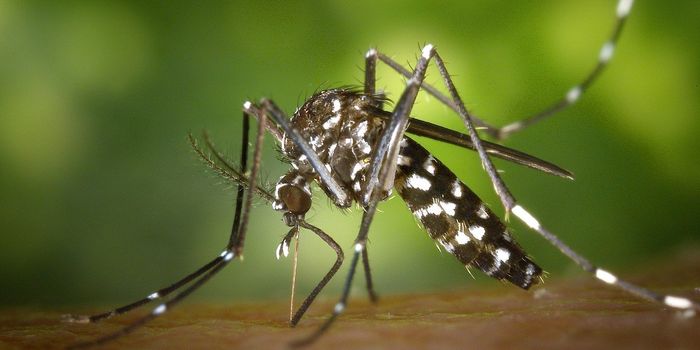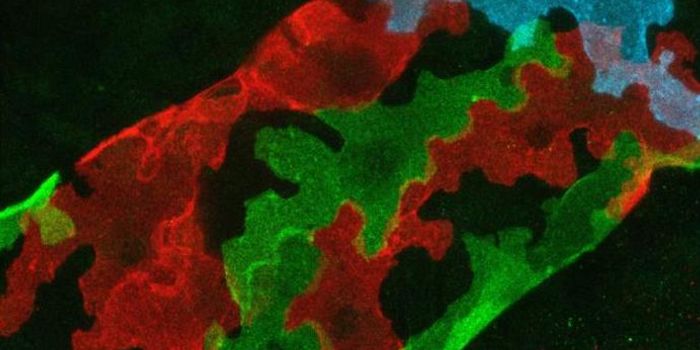Prague Zoo Artificially Inseminates its Asiatic Lioness
When three large cats arrived at Prague Zoo from India in 2015, staff crossed their fingers and hoped the animals could procreate on their own. Unfortunately, these expectations never transpired, and the team decided last week that it was time to take things into their own hands.
The three large cats were comprised of a male Asiatic lion named Jamvan and two female Asiatic lionesses named Ginni and Suchi. Following almost four years’ worth of strategic patience, it became dreadfully apparent that Jamvan had no interest in mating with either of the females voluntarily. A replacement male named Sohan displayed the same behavior toward the lionesses, and so artificial insemination became the only viable option.
Image Credit: Petr Hamernik, Prague Zoo
"Jamvan is not dominant enough, he is not willing to mate, or when he tries, they chase him away," elucidated Pavel Brandl, the Prague Zoo mammals curator.
Related: An attempt to save the Northern white rhino from extinction is underway
The International Union for Conservation of Nature (IUCN) recognizes the Asiatic lion as an endangered species on the organization’s Red List, underscoring the motivation to encourage voluntary procreation among the three test subjects. Although wild populations are somewhat stable, there are only around 600 individuals in the Indian state of Gujarat today and just 143 in captivity throughout Europe.
To make matters worse, the 143 specimens in captivity throughout Europe are all bred from the same 11 ancestors, which means the gene pool isn’t as diverse as conservationists would prefer. The experiment with the three test subjects at Prague Zoo was supposed to shake up some of the monotony in this department, but things didn’t quite go as planned.
Given the unsuccessful attempt to encourage voluntary procreation, zoo staff became compelled to move forward with alternative plans Wednesday evening. After recruiting healthy sperm samples from Jamvan, the team artificially inseminated Ginni. Those involved in the procedure say everything went rather smoothly.
“Everything went really well, primarily because we were a well-matched team,” added Thomas Hildebrandt, head of the Reproduction Management Department at Berlin’s Leibniz Institute for Zoo and Wildlife Research.
“Timing, based on the keepers’ observations, was perfect, the local veterinarians did a great job of putting the animals to sleep and keeping them stable, taking the sperm from the male was successful, and the same goes for the insemination itself.”
Related: First lion cubs ever born via artificial insemination prove to be healthy
Now that Ginni has been artificially-inseminated, zoo staff will carefully monitor her for signs of pregnancy. To do this, they’ll collect stool samples for the next few months to analyze hormone levels. With a 60-70% chance of pregnancy, the zoo’s staff are hopeful that they’ll have Asiatic lion cubs in as little as four months.
It should be interesting to see if the procedure works; after all, the species could use a population boost.
Source: Prague Zoo, Phys.org, IUCN









